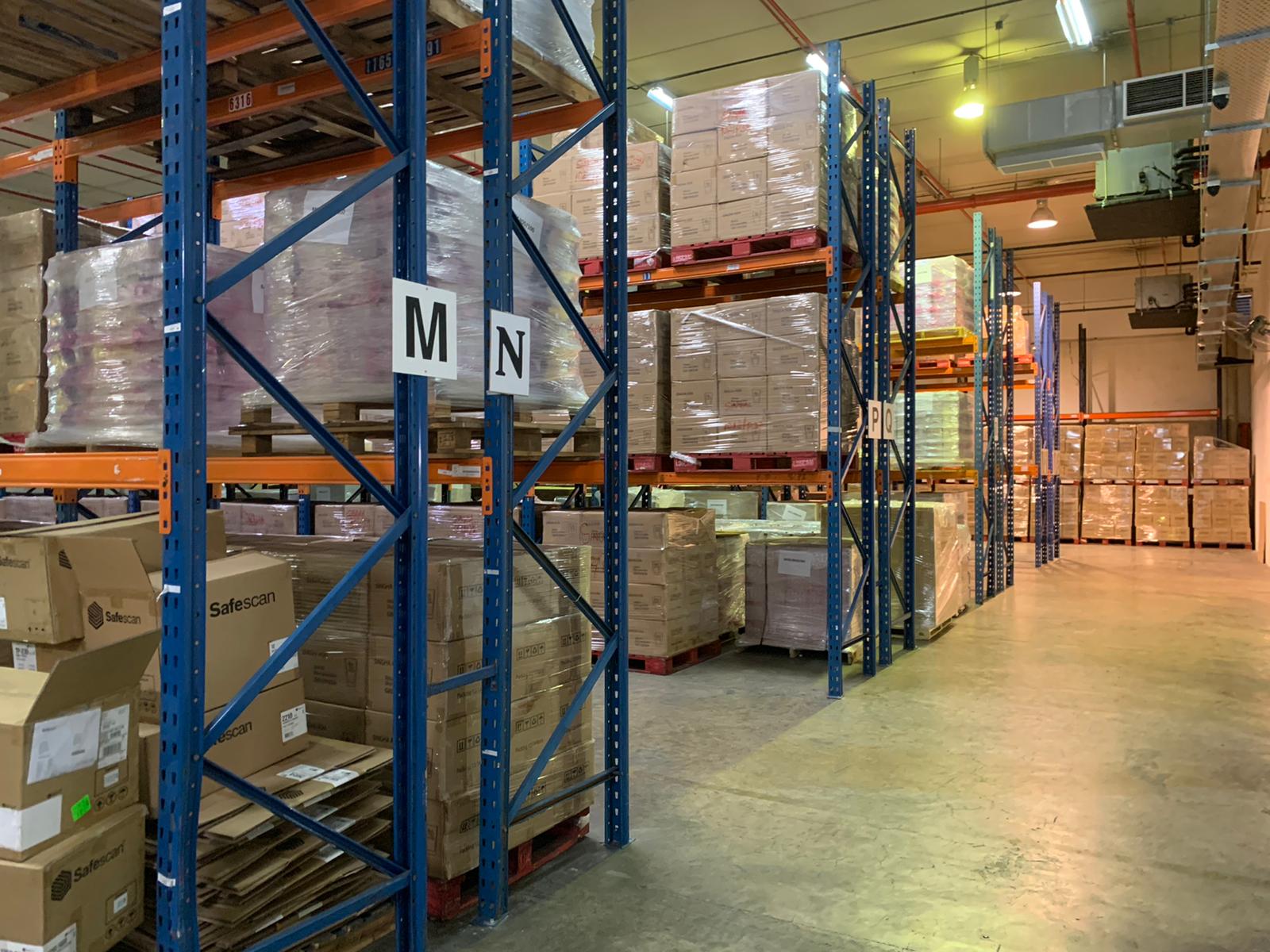Types of warehousing in Singapore and how to select the best
In Singapore, where international trade and logistics thrive, selecting the right warehousing services is essential for businesses of all sizes. Whether you are dealing with perishable goods, e-commerce orders, or international trade, understanding the nuances of Singapore's warehouse landscape is crucial when it comes to making an informed decision. In this article, we will explore various types of warehouses available in Singapore, how to select the best for your needs and how partnering with a trusted transport company in Singapore that offers a comprehensive service portfolio can benefit your business.
1. Private Warehouses
Private warehouses, exclusive to a single company, offer complete control over inventory management and security. As these warehouses will require a significant initial investment, they are an ideal choice for businesses with consistent storage needs. When selecting a private warehouse, it is important to consider factors such as location, infrastructure, and the ability to integrate smoothly with a trusted logistics company in Singapore. By doing so, your business can ensure an efficient distribution process for your goods.
2. Public Warehouses
Public warehouses provide storage services on a rental basis for multiple businesses, making them a cost-effective solution for businesses with fluctuating storage demands. This warehousing service in Singapore allows businesses to rent out the necessary space for short- or long-term periods. They often offer additional services such as pick-and-pack, inventory management, and transportation, which are essential for seamless supply chain operations. Make sure to evaluate the proximity of these warehouses to key transportation hubs.
3. 3PL Warehouses
Third-party logistics (3PL) warehouses offer comprehensive logistics services, including storage, inventory management, and timely shipping and receiving, to name a few. Some 3PL warehouses also provide value-added services such as return processing and cross-docking. These warehouse facilities are valuable for businesses seeking end-to-end supply chain solutions. Partnering with a reputed logistics company in Singapore, can provide seamless integration with a 3PL warehouse, ensuring efficient and cost-effective logistics operations for your business.
4. Fulfillment Warehouses
Though quite similar to a 3PL warehouse, fulfillment warehouses specialise in processing, packaging, and shipping e-commerce and direct-to-consumer orders. These centres receive, manage, and complete online orders for customers on behalf of eCommerce retailers, sales teams, sales reps, and a variety of others. For this very reason, these warehouses are strategically located to save on delivery times and costs. By collaborating with a trusted transport company in Singapore, your business can streamline the last-mile delivery process with fulfilment warehouses.
5. Bonded Warehouses
Singapore's role as a global trade hub makes bonded warehouses crucial for international trade. These secure facilities store imported goods before they are subject to customs duties and taxes. When choosing a bonded warehouse in Singapore, it is mandatory that you ensure that it complies with customs regulations and offers efficient customs clearance services. An experienced logistics company in Singapore like TSL Logistics can facilitate your operations by helping you navigate the complexities of international trade with ease.
6. On-Demand Warehouses
On-demand warehouses offer a flexible and scalable solution for businesses with variable storage requirements. These facilities allow you to rent space on a short-term basis, letting you make use of their facilities as and when required. If your business experiences fluctuating storage needs, a logistics company that offers on-demand warehousing services in Singapore will ensure that you can quickly adapt to these changes and coordinate effectively for timely deliveries.
7. Smart Warehouses
Smart warehouses in Singapore leverage advanced technologies like IoT sensors, automation, and data analytics to optimise operations. These warehouses enhance inventory tracking, reduce errors, and enable accurate real-time decision-making. When considering warehouse services in Singapore, make sure to assess their compatibility with your existing systems and their ability to integrate with a logistics company like TSL Logistics for real-time data exchange and tracking.
Tips for Choosing the Perfect Singapore Warehouse Storage Facility for Your Business Needs
Location: Consider the proximity of the warehouse to transportation hubs and key areas in Singapore to minimise transportation costs and lead times.
Infrastructure: Evaluate the facility's condition, capacity, and handling equipment to ensure it aligns with your business’s storage needs.
Security: Always select warehouse facilities with trusted and proven security measures, especially for valuable or sensitive goods, and ensure coordination with your logistics company for secure transportation.
Scalability: Choose a warehouse that can accommodate growth and seasonal fluctuations and has the ability to effectively collaborate with your logistics company.
Cost: Compare pricing structures, including storage fees and additional services, to determine the cost-effectiveness of the services provided, and whether your budget can accommodate the expenses.
TSL Logistics for All Your Warehousing Services in Singapore
Selecting the right Singapore warehouse storage is a critical decision that significantly impacts your business's efficiency and cost-effectiveness. Whether you need 3PL services or smart warehousing, understanding your specific requirements and researching potential providers is essential.
Collaborating with a reliable logistics company like TSL Logistics can further enhance your ability to navigate the complexities of warehousing and distribution in the region with ease. Our expert team of logisticians is here to help you find the best comprehensive warehousing and logistics solutions for your business needs.
Call us today for an obligation-free consultation.
You might also like



Book a Service Today
We will get back to you as soon as possible
Please try again later
Quick & Reliable
Our Locations
3 Kaki Bukit Road 1 #02-01
Eunos Technolink Singapore 415935
Office Operating Hours
Monday – Friday: 9am – 5pm
Weekend : Closed
Call or Email
Call: +65 6777 2724
Trucking Enquiry: sales@tsllogistics.sg
Movers Enquiry: ops@tslmovers.sg
Express Team Enquiry: ops@tslexpress.sg
TSL Logistics. All Rights Reserved. Website Designed by Heroes of Digital
